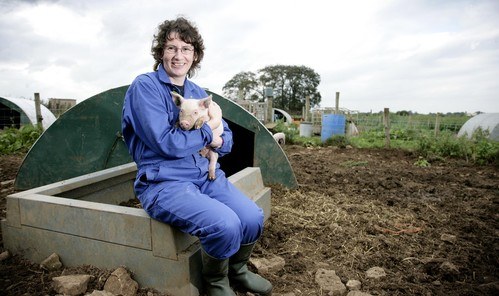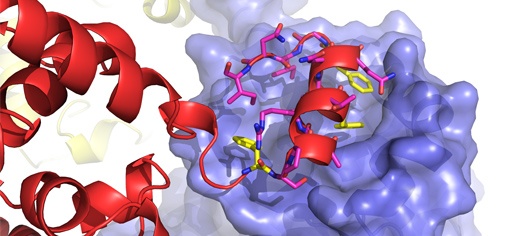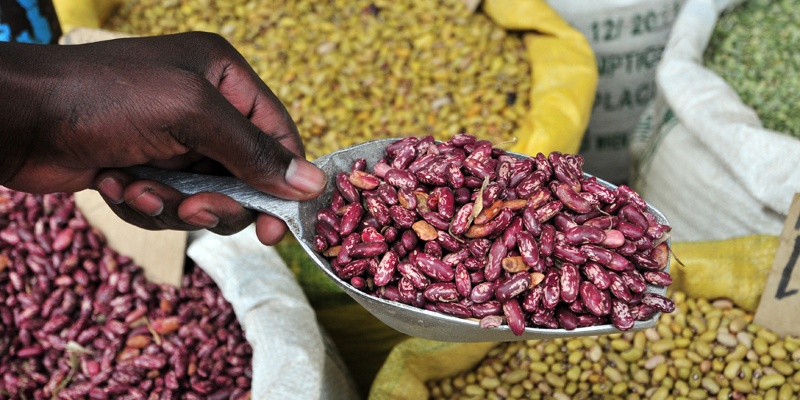New funding for livestock research centre

A new government and industry-backed £70million livestock innovation centre has been launched, supported by University of Leeds investment. Bringing together the food industry and researchers, the government has awarded £27.7 million to set up Centre of Innovation Excellence in Livestock (CIELivestock). It aims to transform the productivity of the UK livestock industry by providing a “one-stop-shop” to drive innovation. The University of Leeds investment has been match-funded by government, giving a total of £7m to help develop its specialist pig research facility. Funding from other industry and research institutions makes up the £70 million.
Using old drugs to treat new viruses

A group of drugs already in everyday use to treat psychosis or depression may also be used to defeat deadly and emerging viruses. Researchers from the University of Leeds found that common drugs in everyday use were successful in preventing a particular virus from infecting cells, by blocking the ion channels that regulate potassium levels in those cells.
Urgent need to transform key food producing regions in Africa

Agriculture in parts of sub-Saharan Africa must undergo significant transformation if it is to continue to produce key food crops. A new study, published in Nature Climate Change, shows that maize, beans and bananas are most at risk from climate change. The research is the first to allocate timeframes for changes in policy and practice in order to maintain production levels and avoid placing food security and the livelihoods of smallholder farmers at risk. Study lead author Dr Julian Ramirez-Villegas from the University of Leeds, who is working with the CGIAR Research Program on Climate Change, Agriculture and Food Security (CCAFS), said: “This study tells where and, crucially, when interventions need to be made to stop climate change destroying vital food supplies in Africa.
“We know what needs to be done and, for the first time, we now have deadlines for taking action.”

